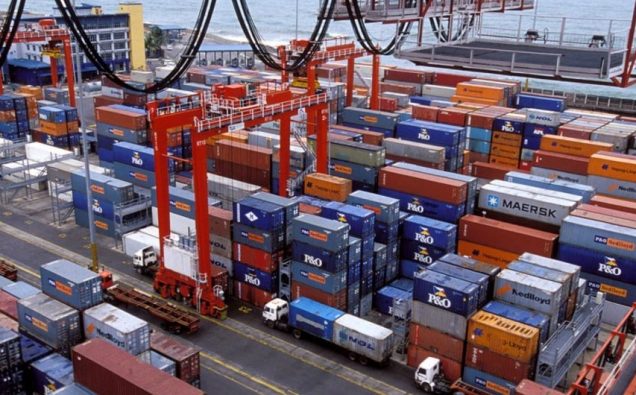
The coronavirus pandemic could put a high premium on the economy and kill 25 million jobs if world capitals do not coordinate their efforts and mount a concerted response to the disease, a preliminary study of the COVID-19 ramification warned this week.
The International Labor Organization fears in a new assessment that unemployment and underemployment could spiral, creating widespread socioeconomic difficulties.
“However, if we see an internationally coordinated policy response, as happened in the global financial crisis of 2008-9, then the impact on global unemployment could be significantly lower,” the Geneva-based organization says.
The preliminary assessment report, COVID-19 and the world of work: Impacts and responses, recommends urgent, large-scale and coordinated measures across three pillars: protecting workers in the workplace, stimulating the economy and employment, and supporting jobs and incomes.
The ILO assessment explains that these measures include extending social protection, supporting employment retention (i.e. short-time work, paid leave, other subsidies), and financial and tax relief, including for micro, small and medium-sized enterprises. In addition, the note proposes fiscal and monetary policy measures, and lending and financial support for specific economic sectors.
Based on different scenarios for the impact of COVID-19 on global GDP growth, the ILO estimates indicate a rise in global unemployment of between 5.3 million (“low” scenario) and 24.7 million (“high” scenario) from a base level of 188 million in 2019. By comparison, the 2008-9 global financial crisis increased global unemployment by 22 million, the UN reported on Wednesday.
🚨We've just released projections of the impact of #COVID19 which suggest the effects will push millions of people into unemployment, underemployment and working poverty. https://t.co/ebjy2lopwc
— International Labour Organization (@ilo) March 18, 2020
A major problem could be underemployment is also expected to increase on a large scale, as the economic consequences of the virus outbreak translate into reductions in working hours and wages.
Self-employment in developing countries, which often serves to cushion the impact of changes, may not do so this time because of restrictions on the movement of people (e.g. service providers) and goods.
Falls in employment also mean large income losses for workers. The study estimates these as being between USD 860 billion and USD 3.4 trillion by the end of 2020. This will translate into falls in consumption of goods and services, in turn affecting the prospects for businesses and economies.
Moreover, working poverty is expected to increase significantly too, as “the strain on incomes resulting from the decline in economic activity will devastate workers close to or below the poverty line.”
The ILO estimates that between 8.8 and 35 million additional people will be in working poverty worldwide, compared to the original estimate for 2020 (which projected a decline of 14 million worldwide).


















